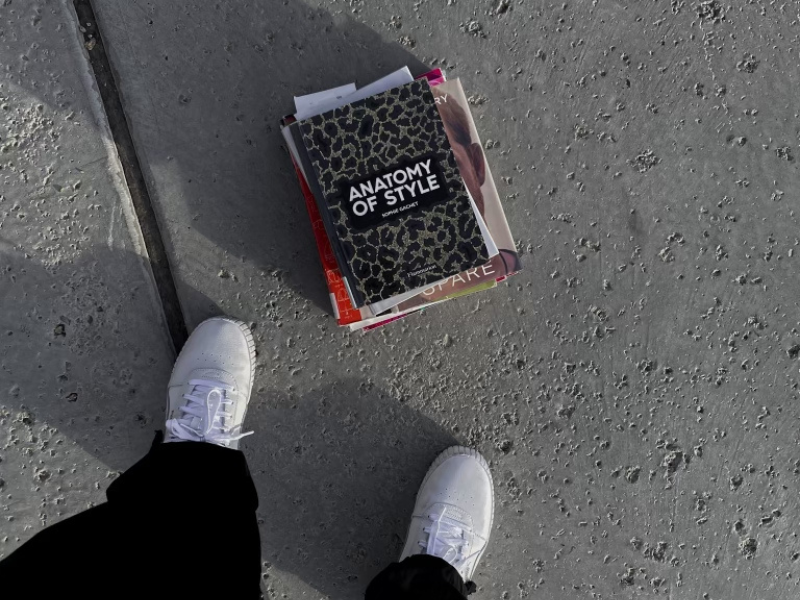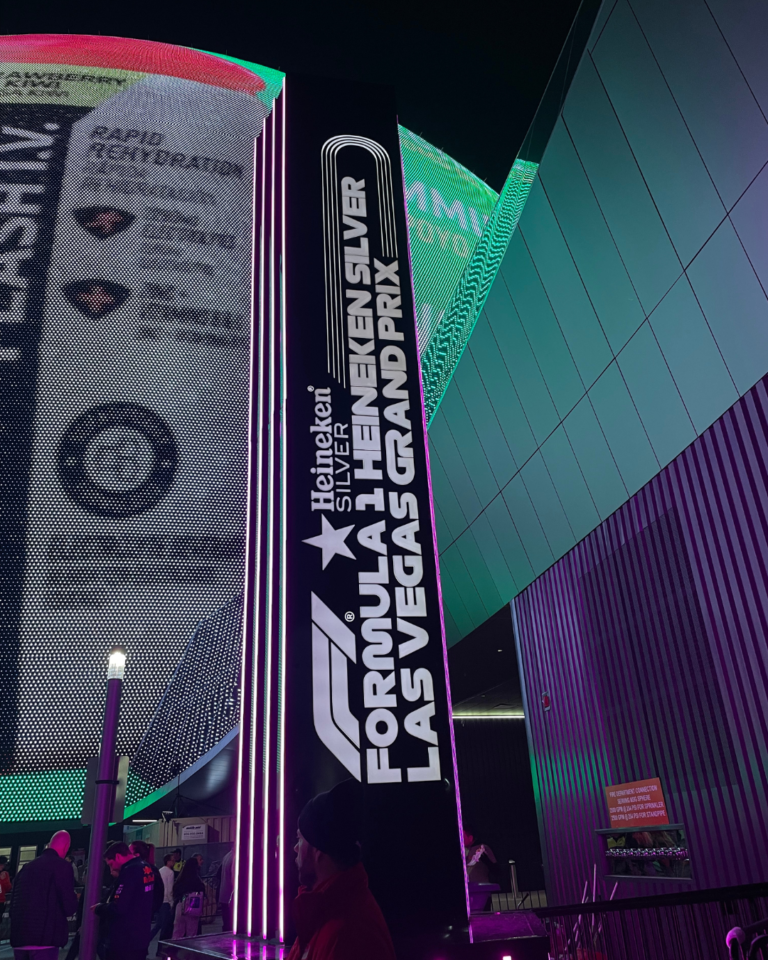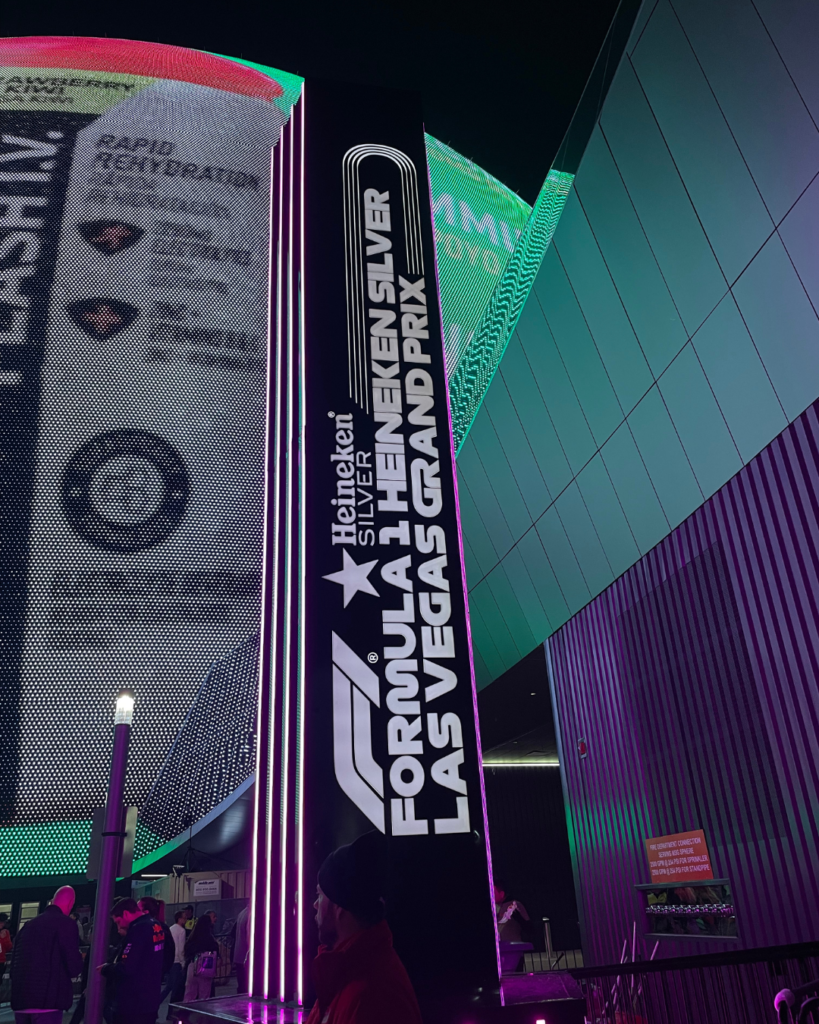
Step into the fast-paced world of fashion, where fast fashion has taken the spotlight, offering us those on-point styles without burning a hole in our wallets. But hold on, because there’s more to this trend than just snagging the latest looks. Fast fashion, with its quick turnaround and budget-friendly tags, isn’t all fun and games. It’s got its fingers in everything from our environment to social dynamics and the economy. This post is all about the effects of fast fashion of fast fashion. We’re diving into the issues – resource crunch, pollution, worker exploitation, and even some cultural clashes. It’s clear that fast fashion isn’t just a style statement; it’s a conversation about how we dress while being kind to our planet.
Fast Fashion Environmental Impact
In the whirlwind world of fast fashion, you might be wondering what is fast fashion and why is it bad? The environmental effects of fast fashion is a heavyweight contender, throwing a punch that reverberates across our planet. One of the primary culprits is resource depletion, as the industry thrives on the breakneck speed of clothing production. This breakneck speed translates to a voracious appetite for resources, guzzling water, energy, and raw materials at an alarming rate. The result is a strain on our ecosystems, as rivers are depleted, energy sources are exhausted, and raw materials are overharvested. It’s a frenetic dance with Mother Nature, leaving a discernible ecological footprint that extends far beyond our closets.
But the environmental saga of fast fashion doesn’t end there; it takes a darker turn with pollution becoming a central character in this narrative. The manufacturing processes, fueled by the urgency to produce swiftly and inexpensively, unleash a barrage of harmful chemicals and pollutants into the air and water. The consequence is a symphony of environmental degradation, with toxic substances seeping into the very essence of our surroundings. Air quality is compromised, water bodies are contaminated, and ecosystems are disrupted. This pollution not only endangers wildlife but also jeopardizes the health and well-being of communities living in proximity to these manufacturing hubs.
As we bear witness to this environmental drama, it becomes evident that the fast fashion industry isn’t merely creating clothing; it’s crafting a tale of resource exploitation and environmental havoc. The urgency for change echoes louder than ever, urging us to reconsider our choices and embrace sustainable alternatives that harmonize with the delicate balance of our planet. The price of our fashion should not be the degradation of the environment; it’s time to rewrite the script and weave a narrative that respects both style and sustainability.

Download my guide to the top 25 sustainable brands today
Social Impact
The social ramifications of fast fashion extend beyond trendy wardrobes, painting a stark picture of labor conditions and human exploitation. At the heart of this issue lies the outsourcing of production to low-wage countries, where the quest for cheaper labor fuels a troubling reality. Workers in these regions often find themselves ensnared in poor working conditions, grappling with prolonged hours, insufficient wages, and an environment that neglects their basic rights. This exploitation of labor is a dark underbelly of the fashion industry, as workers become mere cogs in the machinery of mass production which is where the effects of fast fashion start to really take a toll.
The narrative of social impact in fast fashion takes a somber turn, particularly for those toiling in developing countries. Here, the specter of exploitation looms large, casting shadows on the rights of workers. Many find themselves navigating a landscape where basic labor rights are overlooked, leaving them vulnerable to mistreatment. The lack of safeguards exposes them to unsafe working conditions, inadequate compensation, and a disregard for their well-being. This exploitation is not only a stain on the conscience of the fashion industry but also a glaring testament to the systemic issues embedded in the global supply chain.
As consumers, it’s imperative to recognize the human cost behind the fast fashion allure. The clothes we wear should not come at the expense of the dignity and well-being of those who create them. The call for ethical and fair labor practices resonates louder than ever, challenging the industry to redefine its priorities and ensure that the social fabric supporting fast fashion is woven with respect, dignity, and justice for every individual involved in its creation.
Economic impact
Fast fashion’s economic impact is a tale of a disposable culture and relentless competitive pressure, echoing through the corridors of both local economies and global production hubs. The industry fosters a throwaway mentality, where clothing items are swiftly discarded after just a few wears. This not only contributes to environmental waste but also leaves a lasting mark on local economies, disrupting the traditional cycles of production and consumption.
Moreover, the relentless pursuit of new styles and rapid production cycles exerts intense competitive pressure on workers and manufacturers. The demand for quick turnover at low costs often leads to a compromise in quality, as corners are cut to meet the ever-growing appetite for the latest trends. This compromise ripples through the economic ecosystem, affecting not only the workers on the production line but also influencing the overall quality of the products reaching consumers. As we navigate the intricate web of fast fashion’s economic implications, it becomes evident that breaking free from this cycle of constant consumption is not only an environmental imperative but also a crucial step towards fostering more sustainable and ethical economic practices.
Waste Generation
The fast fashion phenomenon spins a tale of waste generation, with a particularly distressing chapter on landfill overflow. The ephemeral nature of fast fashion, marked by the short lifespan of its items, translates into a staggering accumulation of textile waste. This avalanche of discarded clothing, often only worn a handful of times, overwhelms landfills, becoming a poignant symbol of the industry’s throwaway culture.
The consequences of landfill overflow extend far beyond the physical space it occupies. The environmental toll is profound, as decomposing textiles release harmful substances into the soil and water, contributing to pollution and ecological imbalance. Furthermore, the sheer volume of textile waste strains waste management systems, presenting a logistical challenge for communities grappling with the aftermath of our fashion excesses.
In this narrative of waste, there’s a pressing need for a paradigm shift in consumer behavior and industry practices. Knowing the effects of fast fashion helps us embrace sustainable alternatives, promote circular fashion models, and advocate for conscious consumption are integral steps towards mitigating the impact of waste generation. The call to action resonates loudly – it’s time to break free from the cycle of disposable fashion, recognizing that our choices today shape the environmental legacy we leave for future generations.

Ethical Concerns
Fast fashion gives rise to ethical concerns on various fronts. Firstly, it often exploits labor in developing countries, subjecting workers to poor conditions and minimal wages. The environmental impact is substantial, with the industry contributing to pollution and waste due to the extensive use of cheap and disposable materials. The throwaway culture encouraged by fast fashion, driven by low-quality products, leads to significant textile waste. Social justice issues emerge as the industry prioritizes profit over fair labor practices, contributing to a cycle of poverty. Animal welfare concerns arise from the use of products like leather and fur, prompting worries about unethical practices. Additionally, cultural appropriation is a problem when fast fashion borrows designs without proper acknowledgment. Addressing these concerns involves promoting sustainable and ethical practices in production and encouraging responsible consumption.
Cultural Impact
The cultural impact of fast fashion is significant and manifests in various ways. Firstly, it often leads to the homogenization of style, eroding the diversity of cultural expressions as trends are rapidly disseminated and adopted globally. This can result in the loss of traditional craftsmanship and the dilution of unique cultural identities. Fast fashion’s tendency to appropriate designs without proper acknowledgment contributes to cultural insensitivity and reinforces stereotypes. Additionally, the promotion of a constant cycle of consumption fosters a culture where material possessions, rather than cultural values, become central to identity. The disposability of fast fashion garments further diminishes the cultural significance of clothing, as traditional practices of creating durable and meaningful garments are replaced by mass-produced, quickly discarded items. Overall, the cultural impact of fast fashion raises concerns about the preservation of diverse traditions, the appreciation of craftsmanship, and the development of a more sustainable and culturally respectful fashion industry.
Small Business Depletion
The effects of fast fashion on small businesses is multi-faceted and poses significant challenges. Small enterprises in the fashion and textile sectors often struggle to compete with the low prices offered by fast fashion brands, leading to a potential loss of customers. The emphasis on quick production and affordability in the fast fashion industry can devalue craftsmanship, making it difficult for small businesses that prioritize quality and traditional artisanal skills to thrive. Moreover, the dominance of fast fashion may undercut local industries, affecting businesses that rely on locally sourced materials and skilled artisans. The global trends promoted by fast fashion can erode unique regional styles, making it challenging for small businesses to stand out. Supply chain pressures and environmental impacts further add to the difficulties faced by small businesses. Addressing these effects requires initiatives that support fair competition, sustainable practices, and ethical production within the fashion industry, with consumers playing a crucial role by choosing to support local and small businesses that prioritize craftsmanship, ethical practices, and environmental sustainability.
The impact of fast fashion on small businesses is far-reaching and poses considerable challenges. The competitive pricing and emphasis on quick production in the fast fashion industry can lead to a loss of customers for small enterprises. The devaluation of craftsmanship and the dominance of global trends may undermine the unique offerings of small businesses that prioritize quality and traditional skills. Additionally, the pressure on local industries, supply chain challenges, and environmental impacts further compound the difficulties faced by small businesses. To address these effects, it is crucial to advocate for initiatives that support fair competition, sustainable practices, and ethical production within the fashion industry. Consumers play a pivotal role in this process by consciously choosing to support local and small businesses that uphold values of craftsmanship, ethics, and environmental sustainability.














